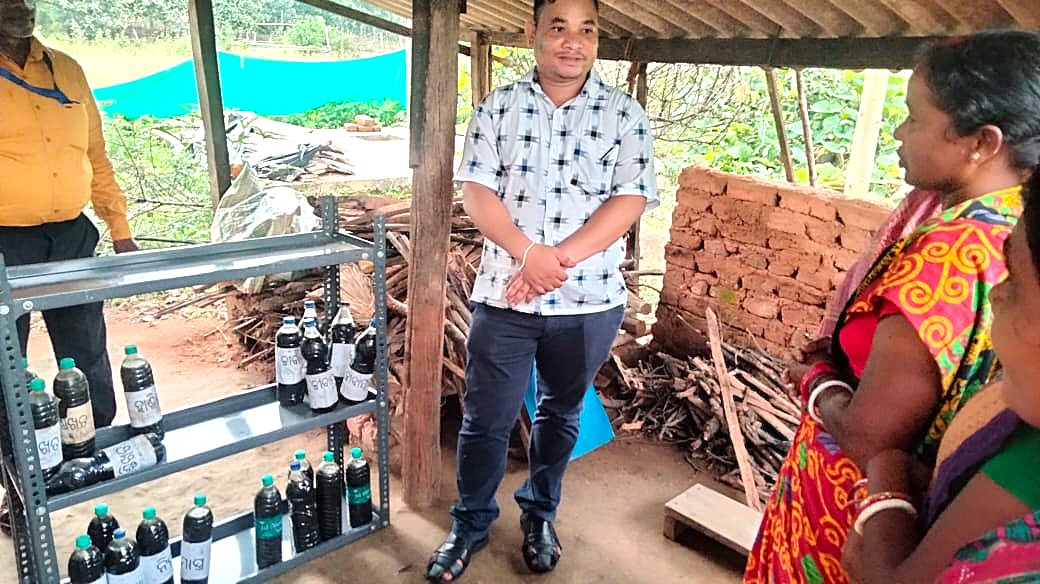
Sustainable Rural Livelihoods through Backyard Poultry: Promoting backyard poultry rearing enables rural households to generate additional income, improve household nutrition through egg and meat consumption, and build resilient, low-investment livelihood options that are easily adoptable in small-scale farming systems.
Production and Sale of Liquid Fertilizer for Sustainable Livelihoods: Rural households are being trained to prepare organic liquid fertilizers such as Jeebamruta using locally available farm and household inputs. The production not only reduces dependence on chemical fertilizers and promotes sustainable agriculture, but also creates an additional source of income for families, with participating households earning a regular supplementary income through local sales to fellow farmers.

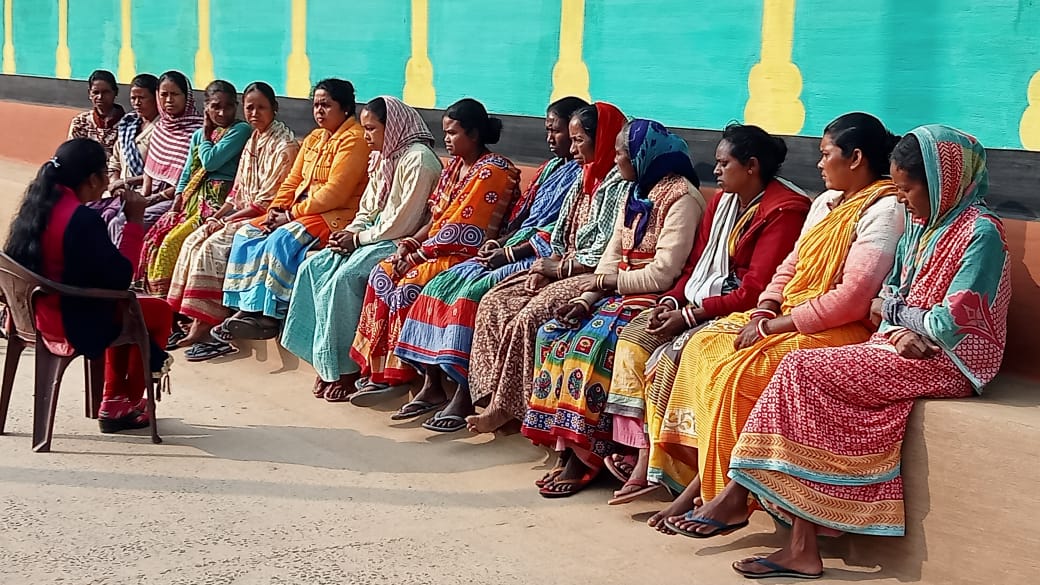
To allow women to come together and voice their concerns, FORWARD has created an array of platforms for women. These include Self-Help Groups (SHGs) and Women’s Federation. More than 1500 women are associated with these platforms. In addition, FORWARD has ensured that women are represented on all Village Development Committees promoted by FORWARD.
To increase the power and reach of village SHGs, we have encouraged successful groups to form clusters (consisting of 8-15 SHGs from neighbouring areas), and federations so that issues of interest to members can be discussed and often resolved at a higher level.
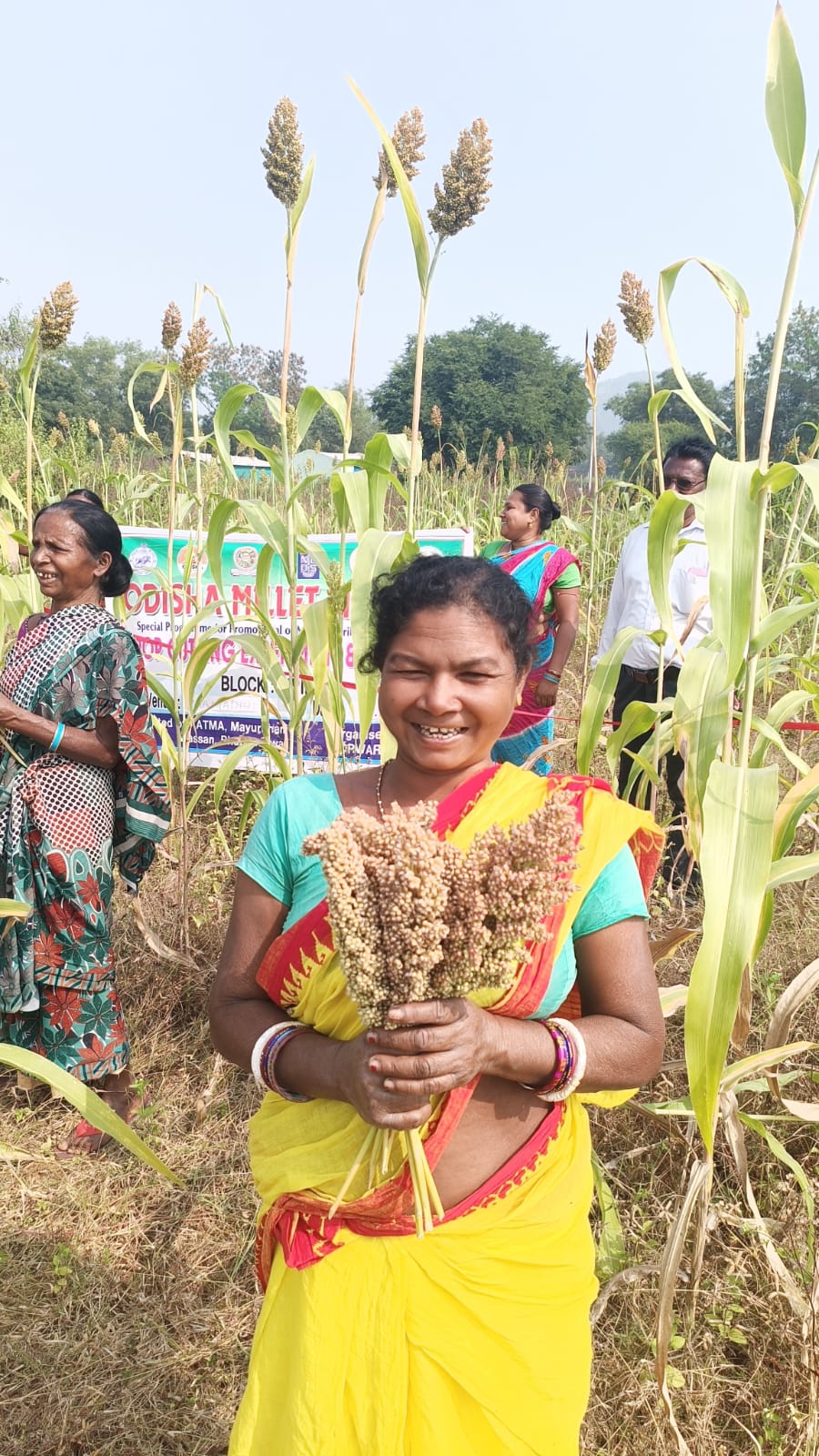
Promotion of Milet Cultivation in Tribal Areas (Tiring) Mayurbhanj
Facilitation of Joyful learning among 210 tribal children in Gudari, Rayagada district, Odisha, India
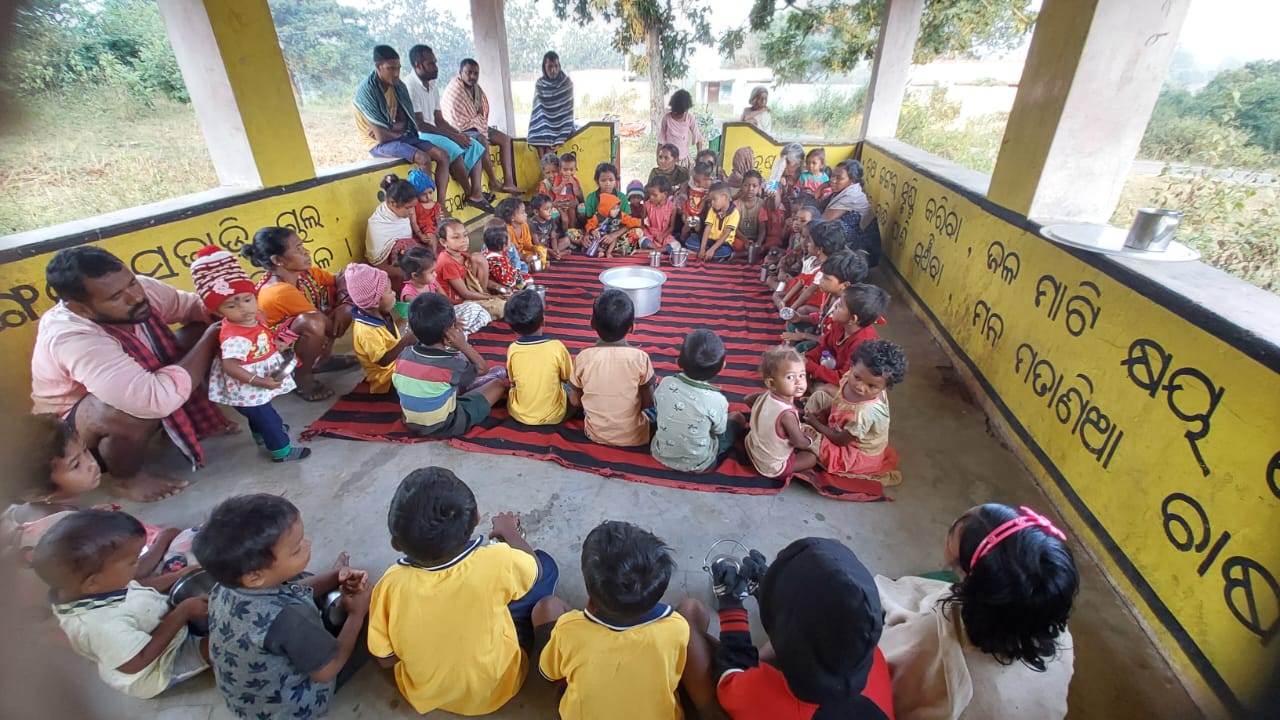
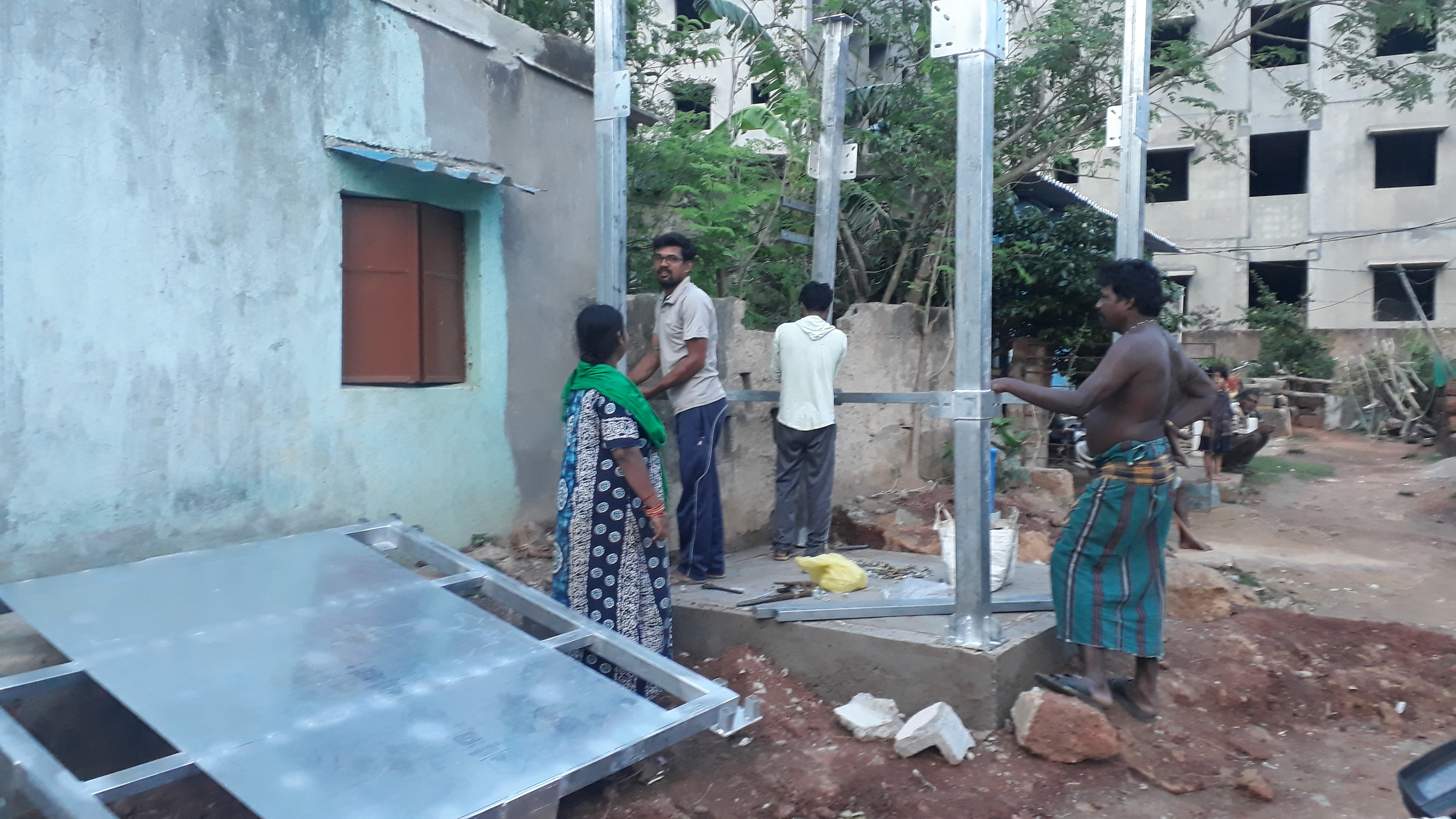
Safe Drinking water, Swage sytem and Concrete Cement Road at Sijuput slum, Bhubaneswar